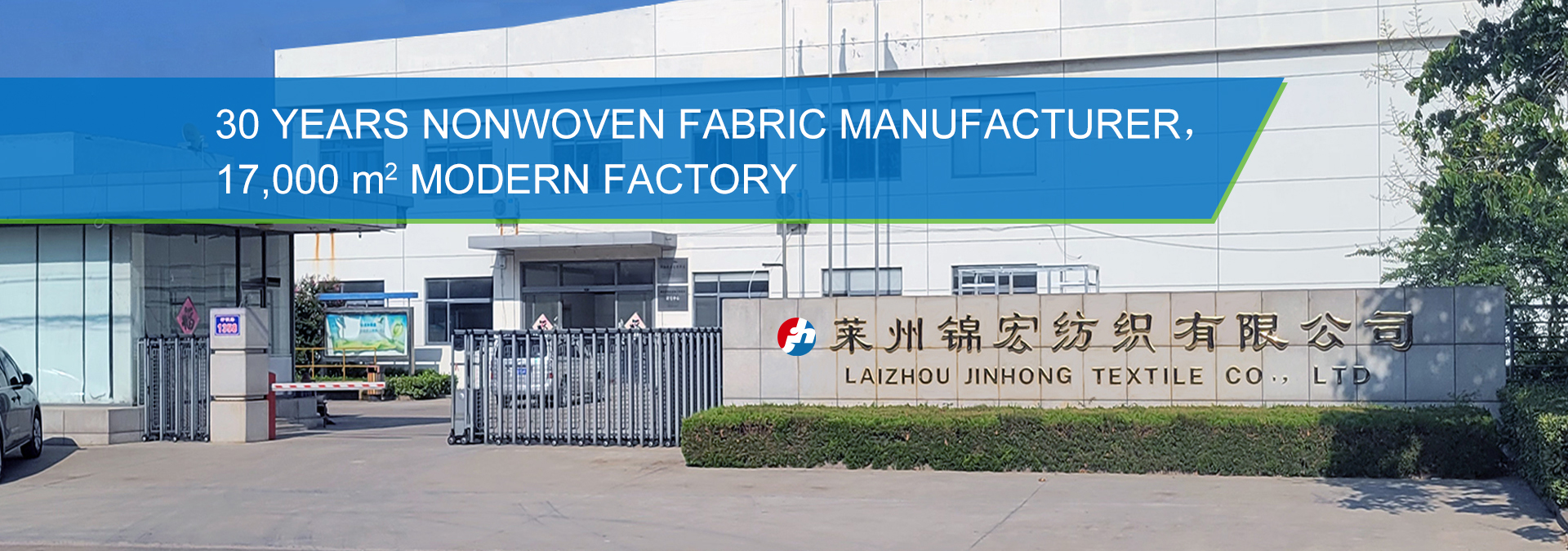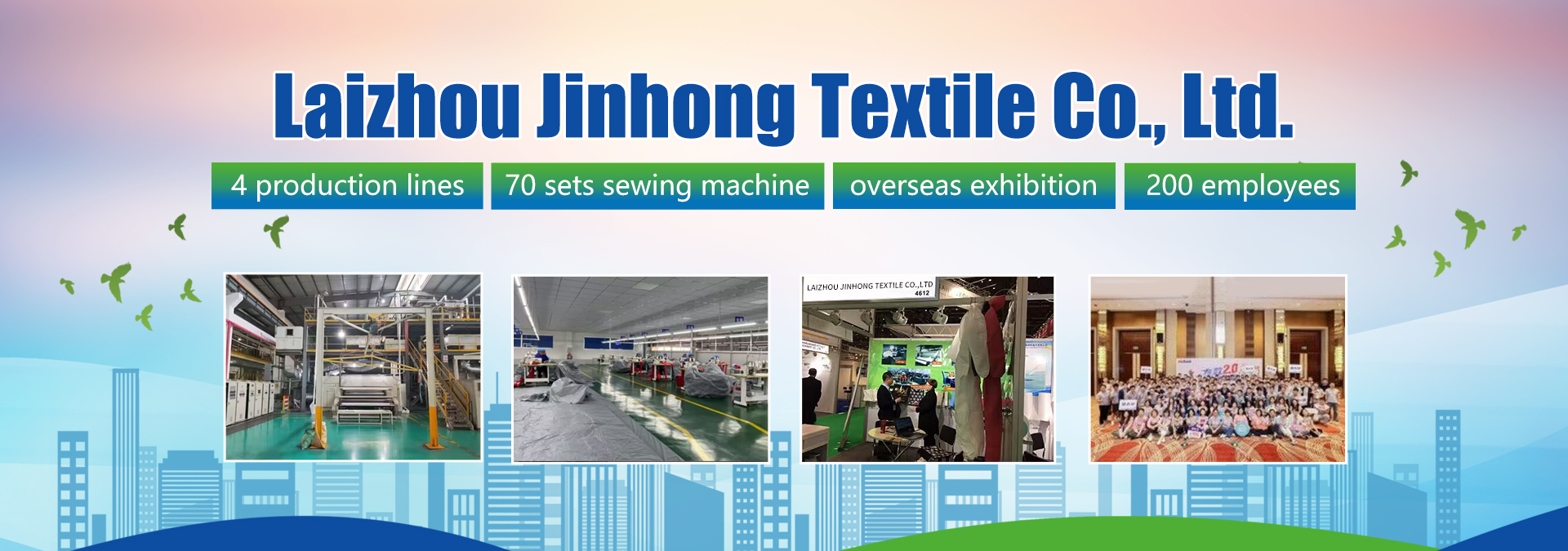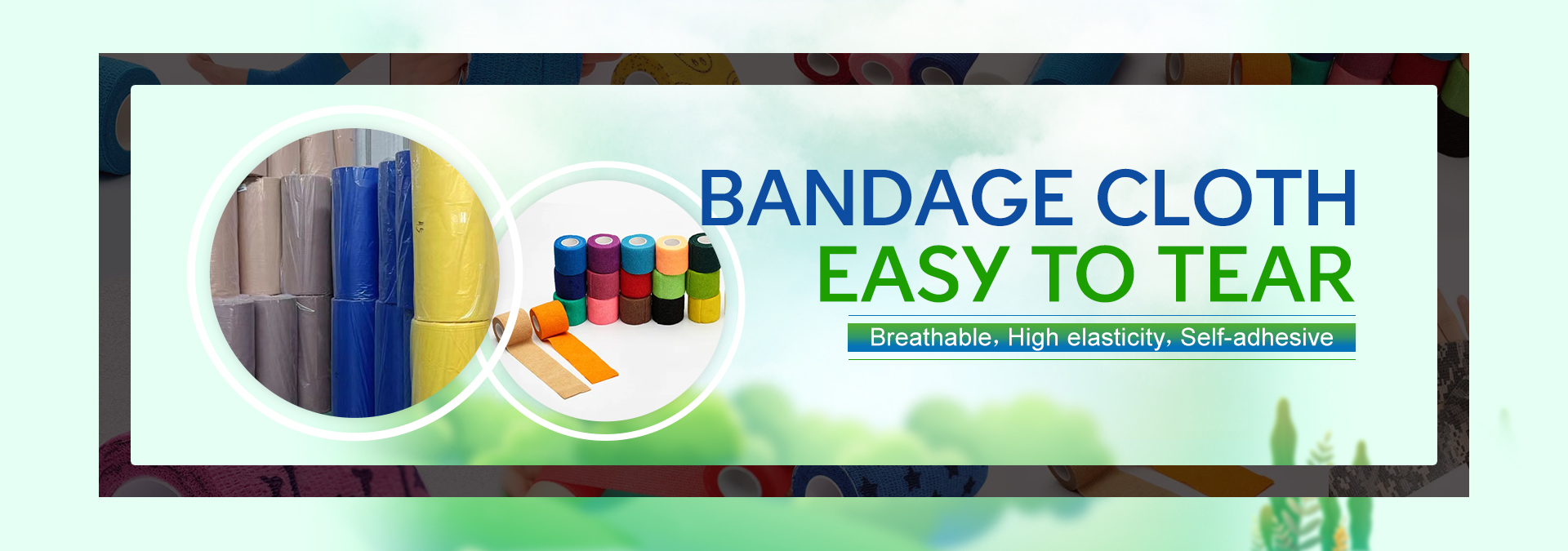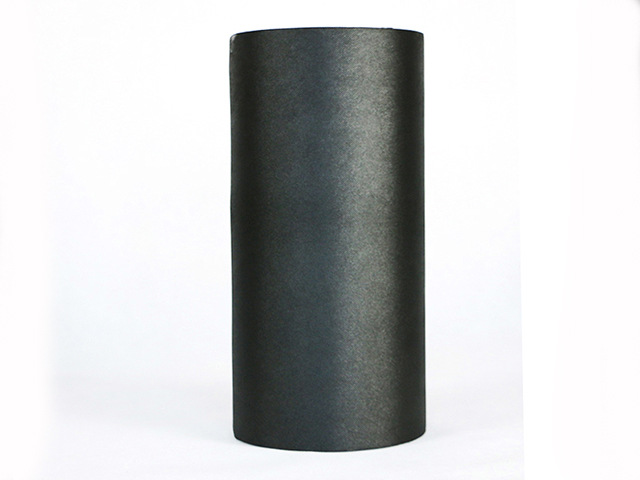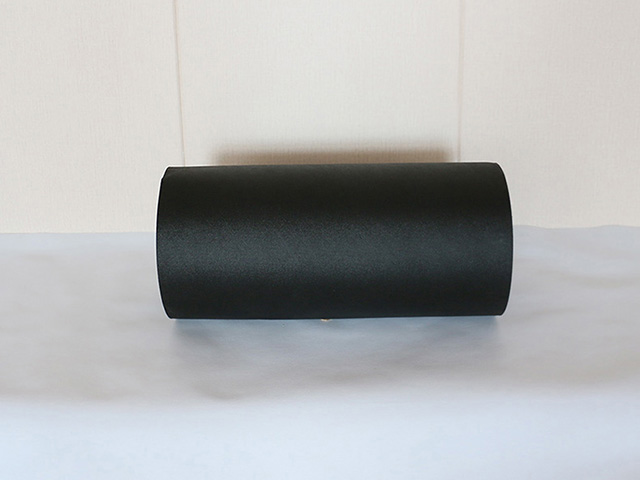The ever-changing nature of non-woven fabrics makes them ideal for landscaping and agricultural applications, especially where moisture control or barriers to pests or other environmental factors are required. As it is easy to change the manufacturing process to produce the right combination of characteristics, the use of non-woven fabrics has proliferated in these areas. In some places where nonwovens play an increasingly important role.
Poultry and livestock protection
Agricultural companies usually use non-woven fabrics on the walls of poultry or livestock fences. Nonwovens have the ability to allow light and air to enter the fence, but can prevent insects or excessive heat emission, thus ensuring the comfort of animals.
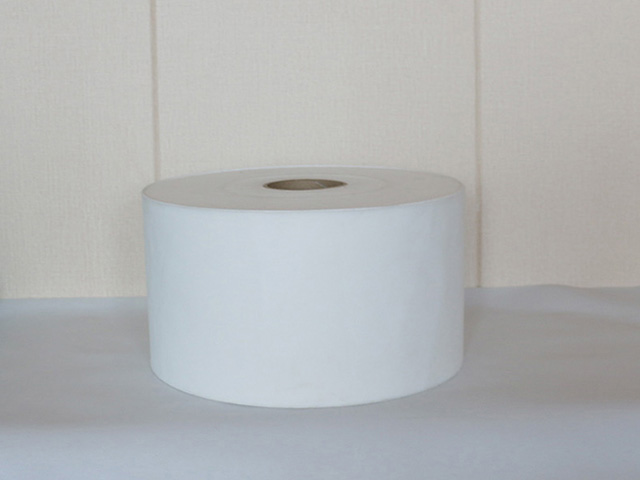
Insect barriers and nets
In particular, non-woven fabrics are a good barrier when growing attractive delicacies such as strawberries, cherries or other insects, birds and wild animals. The holes in the fabric can be small enough to block insects and birds, while still allowing enough water and sunlight to penetrate, allowing crops to mature naturally.
Turf or turf production
As a substrate for turf growth, non-woven fabric can ensure dense and uniform turf, which is easy to handle during transportation and installation. In general, the nonwovens used in this application are green or black in the manufacturing process, so they are not noticeable when installed. Once non-woven fabrics are installed, they will degrade harmlessly over time, making them both environmentally friendly and efficient.

